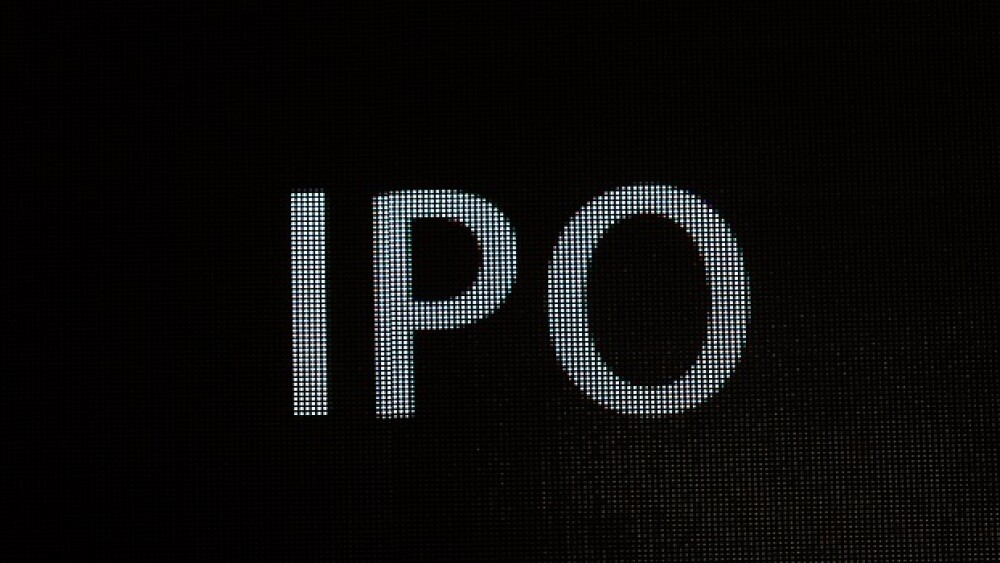So far in 2018, it’s been a good year for biotech initial public offerings (IPOs). According to a Crunchbase News article, in the second quarter of this year alone, there were at least 16 U.S. venture-backed biotech and healthcare IPOs—compared to only 11 tech IPOs in the same period.
So far in 2018, it’s been a good year for biotech initial public offerings (IPOs). According to a Crunchbase News article, in the second quarter of this year alone, there were at least 16 U.S. venture-backed biotech and healthcare IPOs—compared to only 11 tech IPOs in the same period. A recent analysis indicated there were nine biotech IPOs by the end of June in the San Francisco Bay area. Another report showed Massachusetts had 13 IPOs by the end of June for a combined raise of $1.3 billion. And there were at least three more pending.
Crunchbase News offered an analysis of the biotech IPO environment in the U.S. One notable comparison of biotech IPOs to tech IPOs is that, although biotech raises less total capital, there appears to be more of them. Some of this may have to do with a fundamental difference—most biotech IPOs are conducted to raise money, but the companies are usually years from having a marketable product, if ever. In fact, for many biotech companies, the long-term goal isn’t to take a product to market and become a full-fledged biopharma company, but to make it to proof-of-concept or sometimes Phase II clinical trials and then either be acquired by a large pharmaceutical company or license the compound to one.
Which is important to keep in mind when discussing biotech IPOs, but doesn’t really explain why 2018 appears to be such a big year. As Crunchbase News states, “Is the uptick in the pace and size of offerings mostly a result of bullish market conditions? Or is the current slate of pre-IPO candidates more compelling than in the past?”
Bob Nelson, co-founder of ARCH Venture Partners, one of the top life science venture capital firms, told Crunchbase News that it’s a “fundamentals driven, cycle amplified” IPO mini-boom.
He notes that the speed of innovation is faster now, “the result of the previous 30 years of investment and innovation in biotech that has finally led to essentially data-driven innovation.”
Crunchbase believes “we’re also in a bullish segment of the market cycle for biotech. That’s prompting companies that might have stayed private under other conditions to give going public a shot. It’s also providing bigger outcomes for emerging companies that were already on the IPO track.”
An example of a big IPO was Rubius Therapeutics. Rubius, based in Cambridge, Massachusetts, launched its IPO on July 18 with an offering price of $23 per share. The company’s focus is on genetically engineered long-circulating Red-Cell Therapeutics (RCT) products. They are genetically engineered, enucleated red blood cells that have broad therapeutic applications for cancer, enzyme replacement therapy, and autoimmune diseases. Shares are currently trading for more than $26 per share.
The company brought in, as of July 20, $241 million at an initial valuation of over $2 billion.
Nelson also thinks that the big pharma companies are struggling to be innovative internally, and are increasingly buying startups and recently public companies in order to stay competitive and bolster their development pipeline. Whether that’s increasing as a result of struggles to innovate internally or because it’s a cost-effective and fast way of doing it is a topic for debate. But it’s clear that biotech startups often view that as part of their business model and so do big pharma companies.
Crunchbase News writes, “More dollars also are flowing from venture firms that invest in a mix of tech and life sciences through a single fund. That list includes well-established VCs with dry powder to invest, including Polaris Partners, Founders Fund, Kleiner Perkins, and Sequoia Capital.”
And the hot biopharma investment isn’t isolated to IPOs. Forbes had Pitchbook analyze the deals for the first six months of the year and came up with $15 billion from venture capital firms for healthcare startups. Although the number of companies starting in the first half of 2018 is lower this year than last—779 in 2018 compared to 855 in 2017, investors are making bigger investments this year.
Forbes wrote, “Despite the excitement over digital health startups and the continuing worries about drug pricing, biotechnology companies dominated June fundraisings. Humacyte raised $150 million at a $789 million post-value thanks to an investment by Fresenius, which will commercialize the company’s blood vessel implant, and Kaleido Biosciences raised $101 million at a $576 million post-value in a round in which Invus Group, Rock Springs Capital, Flagship Pioneering, Fidelity Management & Research, and Alexandria Real Estate Equities all participated.”
In other categories, such as health technology, Emulate brought in $36 million for a $200 million post-value, and Cedar raised $36 million at a $116 million post-value. The biggest deal so far this year is $300 million raised by GRAIL in May. The next largest was HeartFlow, which focuses on cardiac imaging, which raised $240 million in February.
Secretive messenger RNA company Moderna, the same month, raised $500 million with a $7 billion valuation, then in May raised another $125 million from Merck.
One thing is certain—a lot of money is flowing into biotech this year.





